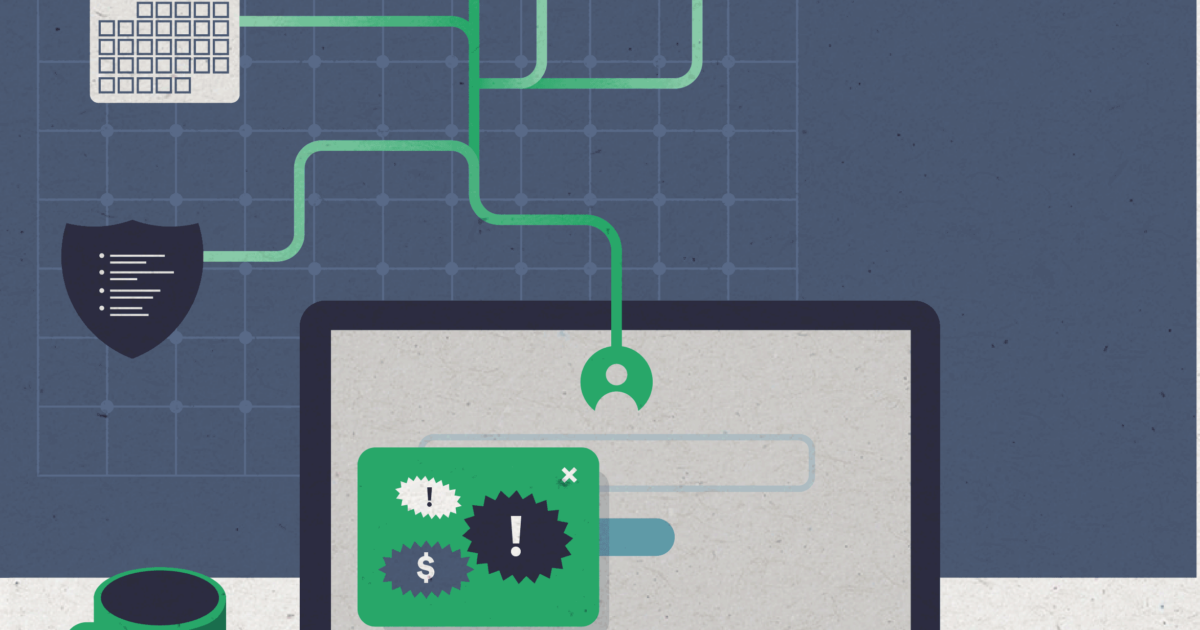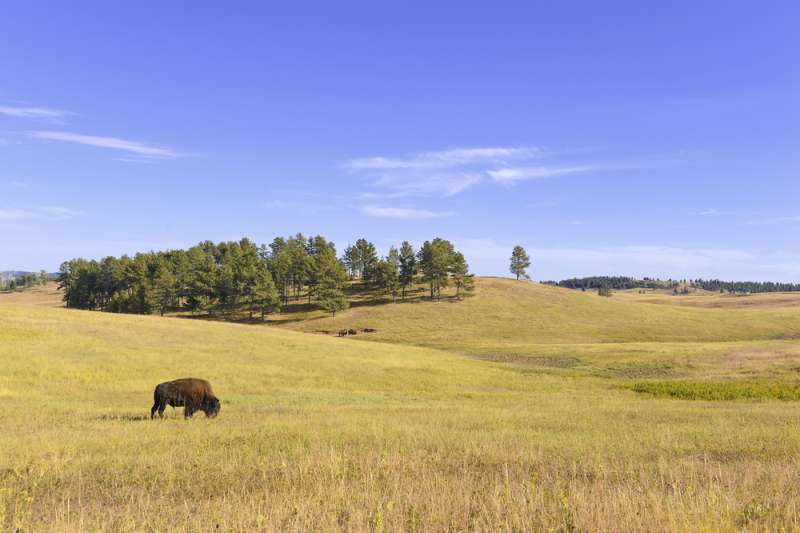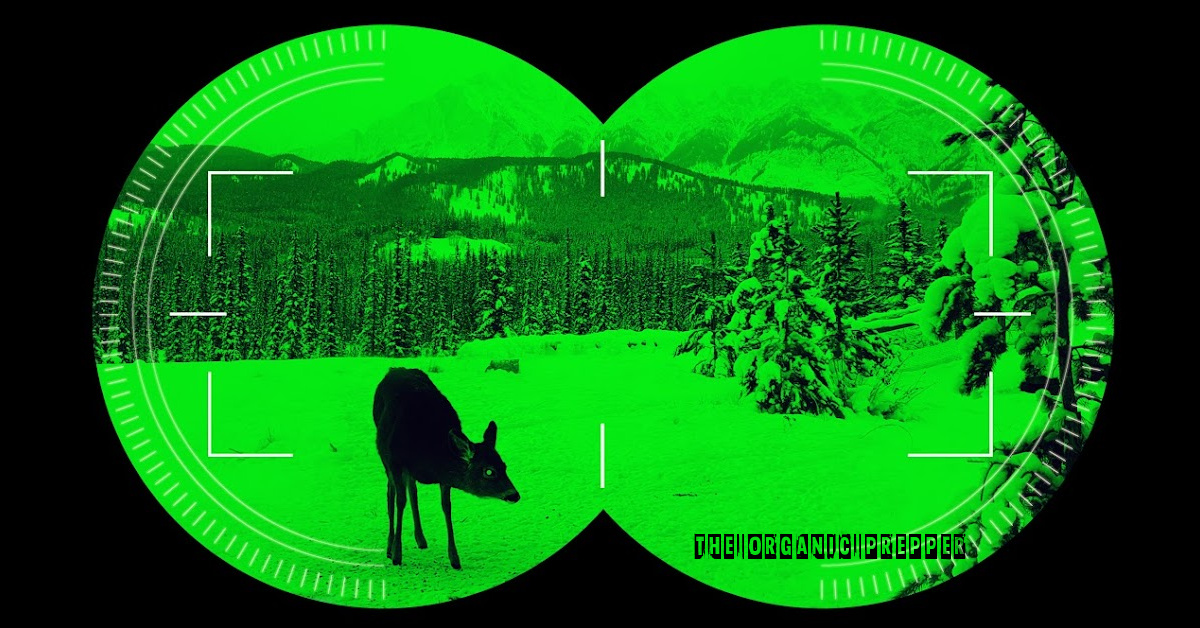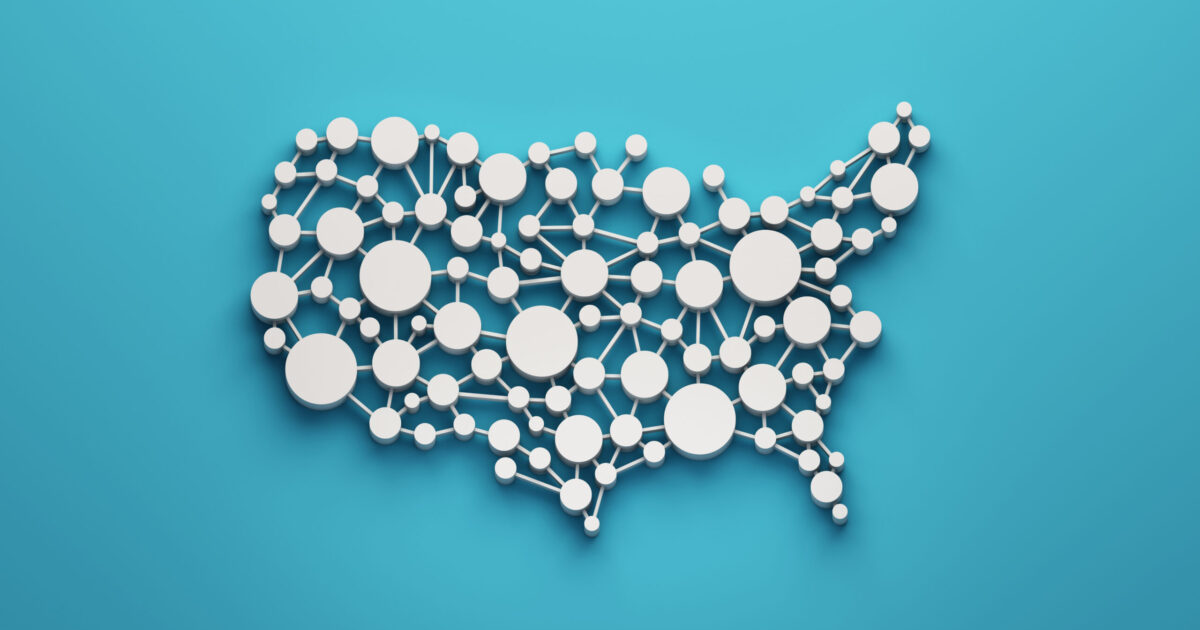Americans faces a data privacy crisis. For more than two decades, without any meaningful restrictions on their business practices, powerful technology companies have built systems that invade our private lives, spy on our families, and gather the most intimate details about us for profit. Through a vast, opaque system of databases and algorithms, we are profiled and sorted into winners and losers based on data about our health, finances, location, gender, race, and other personal characteristics and habits.
Last year, in a significant step towards changing these harmful business practices, bipartisan leaders on the House Energy & Commerce Committee and Senate Commerce Committee proposed the American Data Privacy and Protection Act (ADPPA). The bill went through extensive negotiations between members of Congress of both parties, industry, civil rights groups, and consumer protection and privacy groups. ADPPA received overwhelming bipartisan support in the House Energy & Commerce Committee, where it was favorably approved on a 53-2 vote.
Unfortunately, Congress failed to enact ADPPA last session, but state legislators can now take advantage of the outcome of those negotiations by modeling a state bill on the bipartisan consensus language in ADPPA. EPIC has crafted the State Data Privacy and Protection Act to provide that opportunity.
The fact is that many of the “privacy” bills being considered (or even enacted) by state legislatures in recent years were drafted by Amazon, Microsoft, and other industry players who benefit from harmful commercial surveillance. As investigative journalists at the Markup found:
Through lobbying records, recordings of public testimony, and interviews with lawmakers, The Markup found direct links between industry lobbying efforts and the proliferation of these tech-friendly provisions in Connecticut, Florida, Oklahoma, and Washington. And in Texas, industry pressure has shaped an even weaker bill.
The Markup, Big Tech Is Pushing States to Pass Privacy Laws, and Yes, You Should Be Suspicious (2021)
And Reuters found that “[i]n recent years, Amazon.com Inc has killed or undermined privacy protections in more than three dozen bills across 25 states, as the e-commerce giant amassed a lucrative trove of personal data on millions of American consumers.” They did this not only by opposing strong privacy bills, but by pushing weak ones:
In Virginia, the company boosted political donations tenfold over four years before persuading lawmakers this year to pass an industry-friendly privacy bill that Amazon itself drafted.
Reuters, Amazon wages secret war on Americans’ privacy, documents show (2021)
While industry complains to Congress of a “50 state patchwork” of state privacy laws, they are quietly pushing their version of what a “privacy” law should look like in an increasing number of states. These laws allow Big Tech to continue on conducting business as usual – collecting endless amounts of personal data and using it in ways that defy consumers’ expectations. They simply allow individuals to access, correct, and delete personal data about them, or opt-out of certain uses of data – if they have the time and expertise to do so, which is not often the case. On their own, these aren’t…
Continue reading



